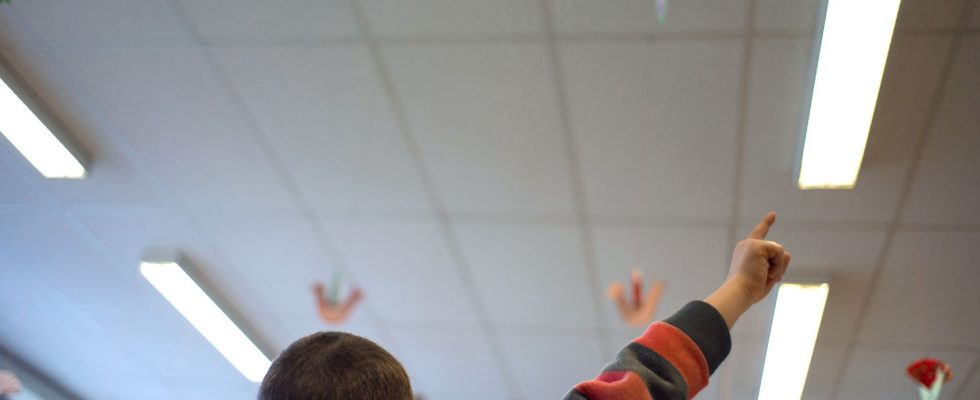The question of the reproduction of social inequalities between generations is a central problem in the contemporary world. This is particularly true for democratic systems which promise, unlike traditional societies, that the cards for success will be redistributed according to individual merit. This myth of an equality on the starting line where one is supposed to be rewarded according to his efforts and his talent ends up humiliating those who remain on the side of the road. In our societies, if blood no longer transmits the legitimacy of political power, it confers a greater statistical chance of success. Those who, rightly or wrongly, consider that they have not succeeded in their lives can then, whatever their real initial chances were, integrate the idea that it is because they were less deserving.
This rhetoric of defeat easily turns into social rage, and it gives serious reason to question the idea of equal opportunity, as Michael Sandel, professor of political philosophy at Harvard and author of a book entitled The Tyranny of Merit. For this reason, the meritocratic narrative, and even the notion of merit, is under attack from all sides today, including from part of the left. Didn’t we recently hear Olivier Faure also mention the “tyranny of merit”? Meritocracy is a fiction that does not keep all its promises, of course, but it is perhaps, to use the words of sociologist François Dubet, a “useful fiction”. Because, basically, what is the narrative alternative? Those who lead the notion of merit to the political stake have no other narrative to offer than that of social fatalism, that is to say the idea that, with rare consoling exceptions, social inequalities are intended to reproduce. This is a convenient story to inspire a form of political rage, but it may have perverse effects, including that of turning into a self-fulfilling prophecy.
Recent research gives new arguments for this fear. Led by three economists, Rustamdjan Hakimov, Renke Schmacker and Camille Terrier, it concerns 2,000 final year students in France just before the deadline set by Parcoursup to issue orientation wishes. This is to assess the self-confidence of these students. Unsurprisingly, the study shows, like several others before it, that children from modest backgrounds – including the best students – suffer from a lack of confidence.
A fictional fatalism
However, the choices of orientation are precisely impacted statistically, with an equal general average, by this self-esteem. When it is weak, it leads to less ambitious options. But, after all, given their lower chances of success, isn’t it reasonable for children of modest origin to aim lower? These are the feared and observed effects of a latent social fatalism.
Indeed, these three researchers have pushed their investigations further: do these young people from modest categories properly assess the position they occupy in the hierarchy of Parcousup? The answer is no: they underestimate themselves, there too. At this point, the searchers offer them to know their real position. Properly informed and managing to get rid of a pessimistic vision of their ability, these young people correct their career choices by significantly reducing the initial inequalities of ambition.
The representations of ourselves and the fictions to which we attach ourselves to imagine our destination are therefore not without influence on the reproduction of inequalities. At this point, one can question the interest there is in demolishing the republican myth of merit if not replacing it with a fatalism that is just as fictional, but more politically exploitable. The consequences of this fatalism seem to me – even with regard to the values that those who uphold it claim to defend – frightening. Not only does it propose a social house arrest, but it risks discouraging the production of effort, particularly in school, it being understood that, however uncertain the chances of success may be, they can only draw their source there. Care must be taken that inequality of opportunity does not turn – which would be a double penalty – into inequality of hope.
* Gérald Bronner is a sociologist and professor at the Sorbonne University
